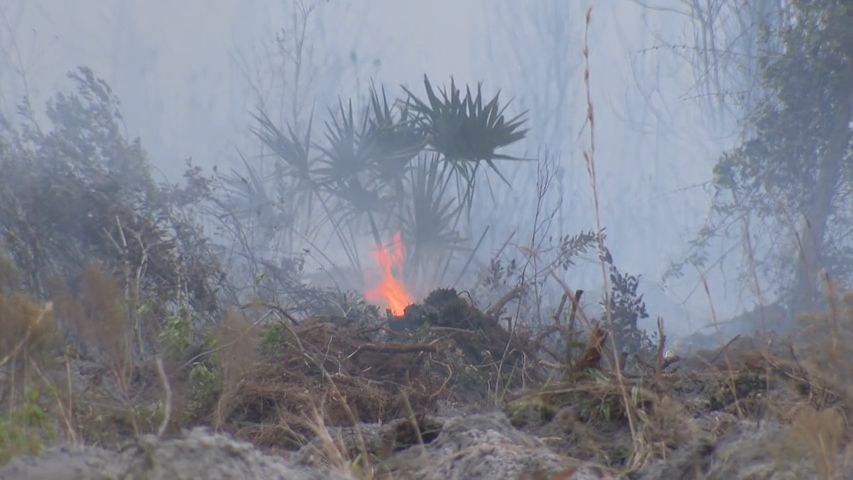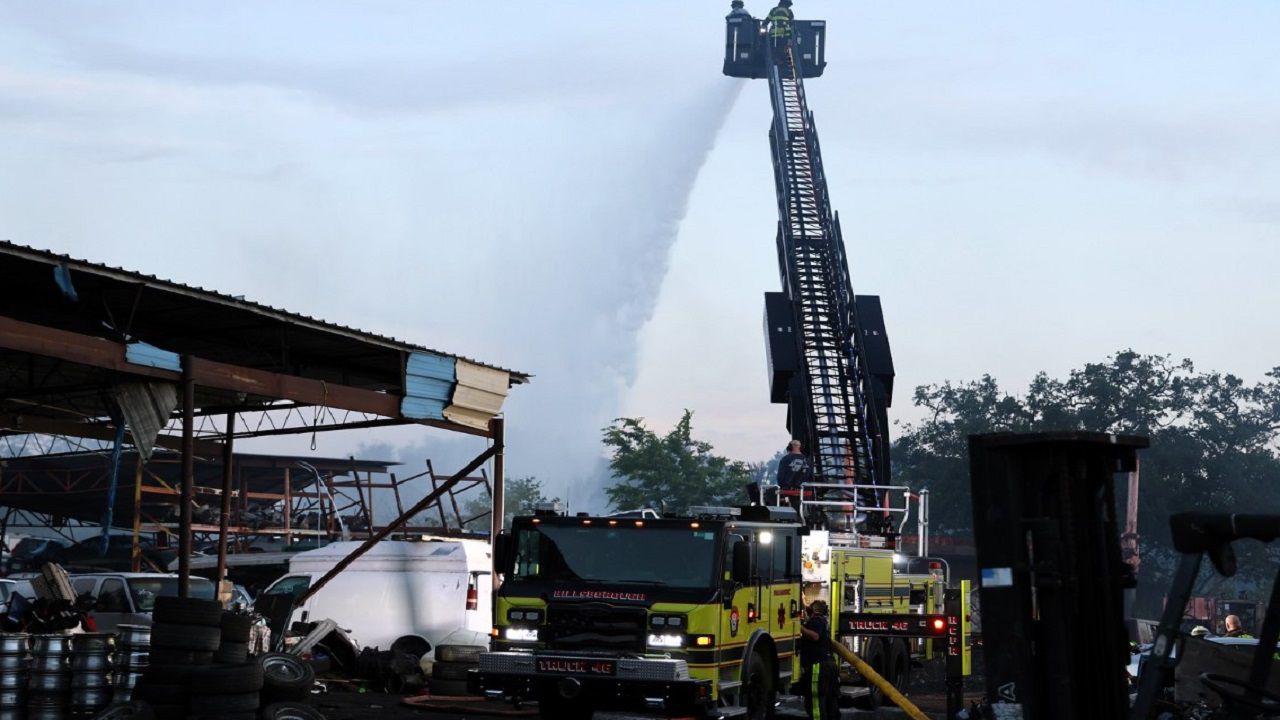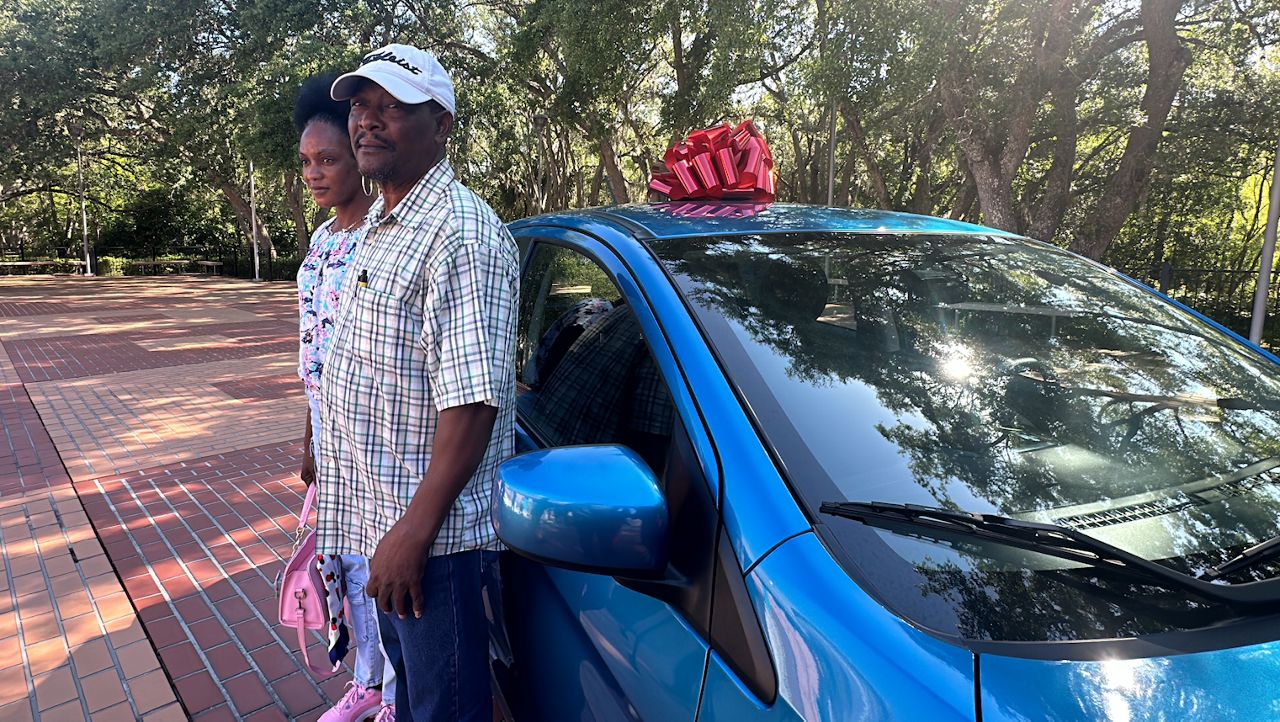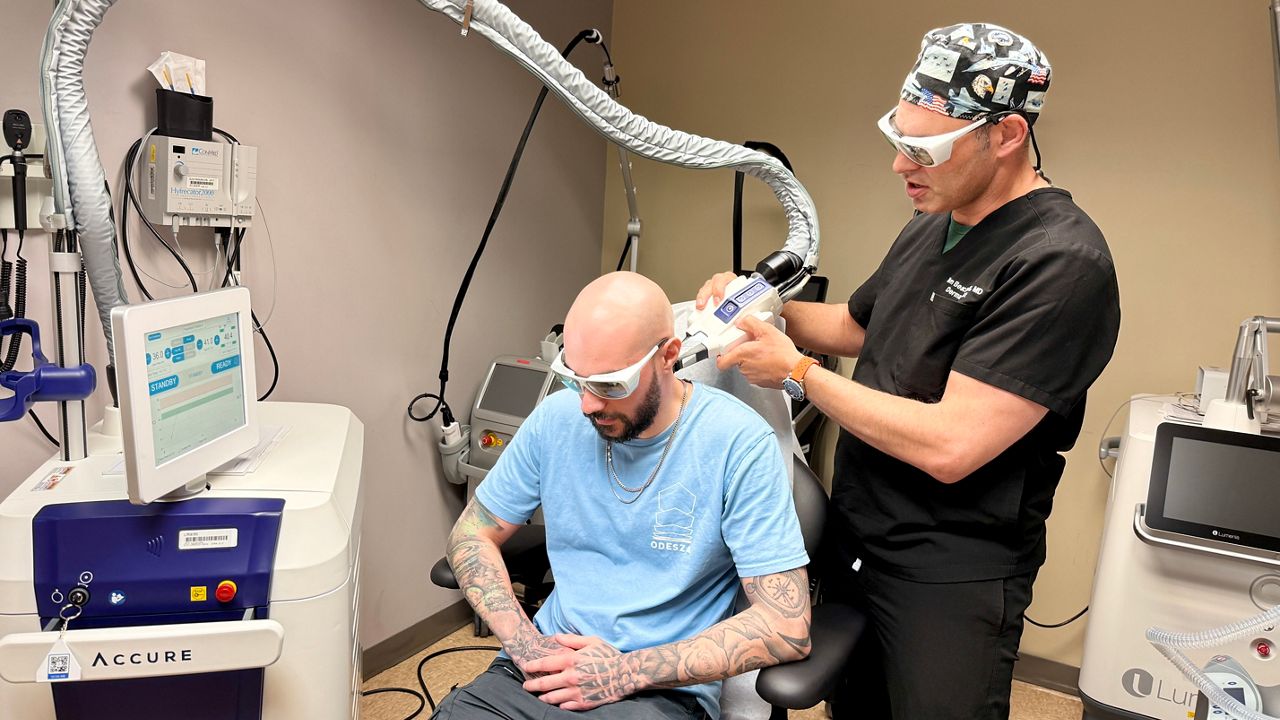TAMPA, Fla. — A military coup in Sudan this week has the Bay area's Sudanese community filled with mixed emotions.
- RELATED: Sudanese Immigrants in Tampa Bay Join Political Protests in Home Country
- President Omar al-Bashir removed from power on April 11
- New military council wants to stay in power for 2 years
- Sudanese at home and abroad hope to see real change
- More Hillsborough County stories
Former President Omar al-Bashir was removed from power by the military on April 11, 2019, after 30 years in office.
His removal came after four months of protests sparked by rising food costs.
The protests, mainly organized by the Sudanese Professionals Organization, happened around the globe, including one held in Tampa in January.
“Once we heard Bashir stepped down, we were all excited,” said Sali Osman, who took part in the January protest in Tampa.
“The morning that Omar al-Bashir was gone, there were over 6 million people out in the street. Everybody was out celebrating him going out,” said Amin Abdulla, recalling what his family told him.
The same day Bashir was removed from power, Abdulla said some of his friends and family who had been detained were released.
Elation turns to frustration
While many were happy April 11, Abdulla and Osman said the joy quickly faded as demands weren’t being met by the new military council in charge, who want to stay in power for two years.
As a result, Abdullah said his family is still protesting in front of the Army’s headquarters in the nation’s capital.
“We hope that this is a real change, a real democracy and not a game. As of right now, we don’t trust them. We feel like they just changed faces,” Abdulla said.
Abdulla, along with the Association, would like to see a civilian transitional government formed immediately, led by a group of advisors for four years.
That would allow time for new political parties to be formed and fair elections to be held.
Hope for diverse representation
Osman, who comes from the Nubian ethnic group in Sudan, hopes the new government will have representation from minority groups such as those living in Darfur.
“Sudan has more than 500 tribes," she explained. "Tens of different languages are being spoken and written. I would expect that representation to surface and reflect in the government. I would expect more minorities’ rights to be protected."
Abdulla has high hopes for the oil rich country.
“Sudan is full of minerals, full of natural resources, but the country is not really using them," he explained. "I’m hoping to see Sudan where it belongs, leading Africa. That’s what I’m hoping for.”
According to the Sudanese Professionals Association website, one of the main demands is for Omar al Bashir to be arrested and face charges related to genocide in Darfur with the International Criminal Court.
The new military council, however, said al-Bashir would be tried and judged in Sudan.










